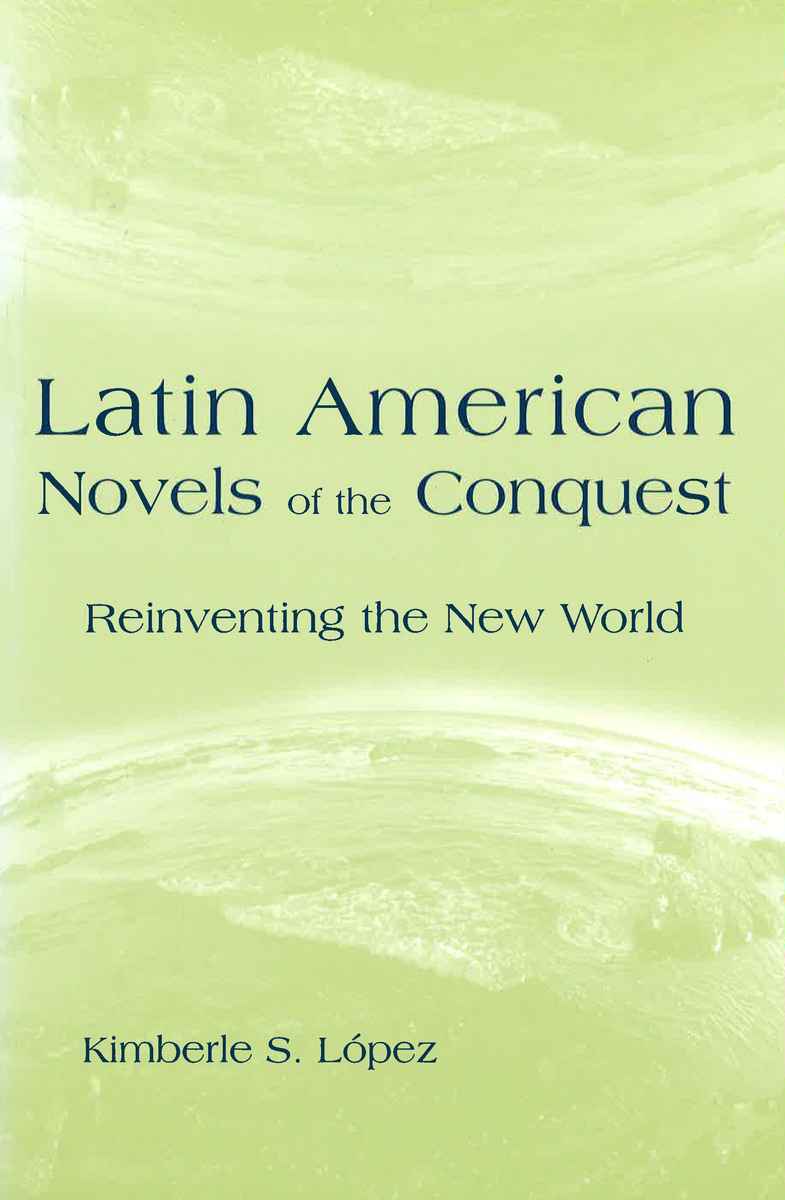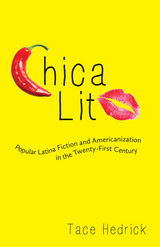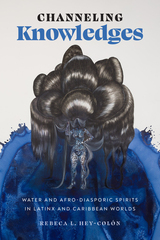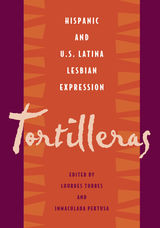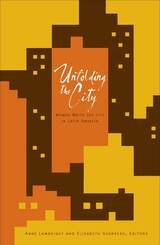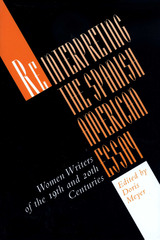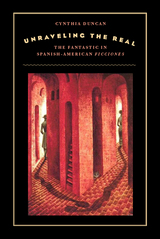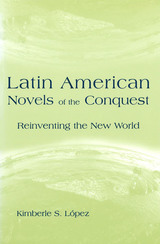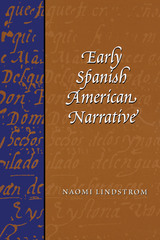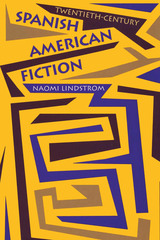Latin American Novels of the Conquest: Reinventing the New World
University of Missouri Press, 2002
Cloth: 978-0-8262-1408-9 | eISBN: 978-0-8262-6322-3
Library of Congress Classification PQ7082.H57L67 2002
Dewey Decimal Classification 863.0810998
Cloth: 978-0-8262-1408-9 | eISBN: 978-0-8262-6322-3
Library of Congress Classification PQ7082.H57L67 2002
Dewey Decimal Classification 863.0810998
ABOUT THIS BOOK | AUTHOR BIOGRAPHY
ABOUT THIS BOOK
As the quincentenary of Columbus’s first voyage was approaching, Latin American authors vied to finish novels rewriting the conquest in order to have them published in the years surrounding 1992. Surprisingly, few of these novels attempted to reconstruct the indigenous perspective on this historical moment, focusing instead on representing the European conquerors. In Latin American Novels of the Conquest, Kimberle López focuses on five of these works: Juan José Saer’s El entenado; Herminio Martínez’s Diario maldito de Nuño de Guzmán; Abel Posse’s El largo atardecer del caminante; and Homero Aridjis’s 1492: Vida y tiempos de Juan Cabezón de Castilla and Memorias del Nuevo Mundo. She utilizes these books to explore how their authors represented the conquest from the fictionalized perspective of the conquistador, ultimately deconstructing the rhetoric of empire through the representation of a simultaneous fascination and aversion between the colonizer and colonized.
The fictionalized explorers and conquistadors represented in this corpus all identify with certain aspects of Amerindian culture—significantly, those elements that are most distinct from European culture, such as cannibalism and human sacrifice—but also feel the need to distance themselves from these “others” in order to protect their own European cultural identity. In most cases, the conquistadors themselves are represented as outsiders within the enterprise of imperialism, due to ethnic, religious, or sexual differences from the norm. This representation turns the gaze inward toward the “other” within European culture, underscoring the complex origins of Latin American cultures in the violent encounter between the Amerindians and the conquistadors.
By examining these issues, Lopéz’s Latin American Novels of the Conquest illuminates the ways in which Latin American novelists used their literary imaginations to embody their ambivalence regarding their own transcultural heritage as children of both the colonized and the colonizer.
See other books on: Conquerors in literature | Conquest | Historical fiction, Spanish American | In literature | Spanish American fiction
See other titles from University of Missouri Press
